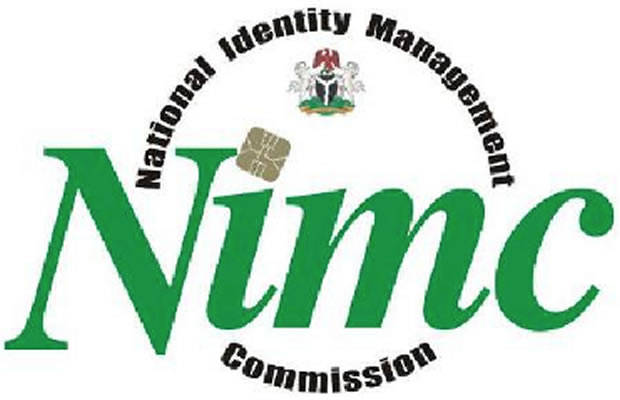In a development that qualifies as an anticlimax, the National Identity Management Commission (NIMC) announced that as many as 150 million out of an estimated total of 200 million Nigerians, are yet to be registered and assigned the unique National Identity Numbers (NIN).
This was disclosed last week by the Director General of the organisation, Aliyu Azeez, during a talk with journalists, under the theme ‘Strategic Roadmap for Identity Development’.
Speaking further, Azeez pointed out that only about 41.5 million Nigerians, or 20% of the country had the NIN, while 38% had any form of identification.
These include those with official passports, bank identity cards and other forms.
According to Azeez, the unidentified Nigerians include the poorest and the most vulnerable groups such as the marginalised – women and girls, the less educated, migrants, refugees, asylum seekers, stateless persons, people with sundry disabilities as well as people living in rural and remote areas.
The disclosure by NIMC DG comes against a backdrop of copious stock of resources, human effort and time invested over several decades in availing the country a viable and functional citizen identification system, spanning from the 1980s, with a definitive consolidation of the exercise in August 2014, by the Goodluck Jonathan administration.
That was when that administration formally launched the NIMC project based on the NIMC Act of 2007, with the intention of assigning every Nigeria a modern-day National Identity Number (NIN) and issuing same with a General Multi- Purpose Identity Card (GMPC).
However, since that development, it has been a litany of twists and turns in the execution of the job by the NIMC, with one excuse or the other turning up at every corner.
Where the NIMC does not cite financial constraints, it would lament over a cocktail of in-house logistics or management handicaps, or even perceived intractability of its task.
Meanwhile, in the course of its new found lease since the Jonathan administration, the agency had demonstrated a glaring lack of grip on its core mandate, leaving Nigerians with a diminished ranking for it and expressing disappointment over its performance.
For instance, while the agency claims that it had registered 41.5 million Nigerians so far, there are widespread misgivings by members of the public, over the questionable status of those registered at different times, as most of them are bereft of the identity cards that should accompany their registrations, as provided by law.
This situation had attracted a tardy response by NIMC, in the form of the agency separating the processes of registering and issuing identity cards to registered Nigerians.
The simple reason for the rejection of registration without identity cards by Nigerians is informed by two factors.
Firstly, is the inability of most Nigerians especially the non-literate to recall from memory the 11-digit NIN as may be required on demanded, and as the law provides.
Secondly is the complement of challenges that may arise at points of use of the number, when not presented in a codified format which only a card can deliver?
For the purpose of clarification, the National Identity Management project remains more critical to the overall development and security of the nation than may be casually realised.
While its utility with respect to effective planning purposes remains manifest, its significance in the area of fostering national security justifies the need for NIMC to raise its act beyond the present pedestrian gestures, and deliver the project with dispatch to the country.
Put in proper context, after five years of active engagement in the process of development of a National Identity Management project, along with the deployment of humongous resources to it, the efforts by NIMC and its leadership are hardly reflective of the critical significance of the exercise to national interests.
Nigerians easily recall how in 2011, the INEC under Professor Attahiru Jega, was able to register the eligible voters across the country in a matter of weeks.
It is therefore unacceptable for NIMC to require generations and successive administrations – drawing from the military era to the present civilian dispensation, to deliver on the NIN project.
This condition also makes its projection of 2025 as its time of delivery of the NIM project, out of tune with the country’s aspirations.




